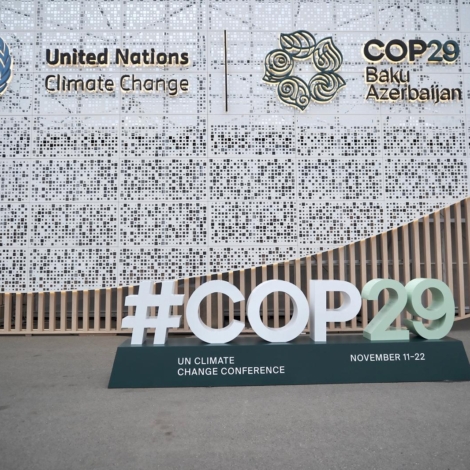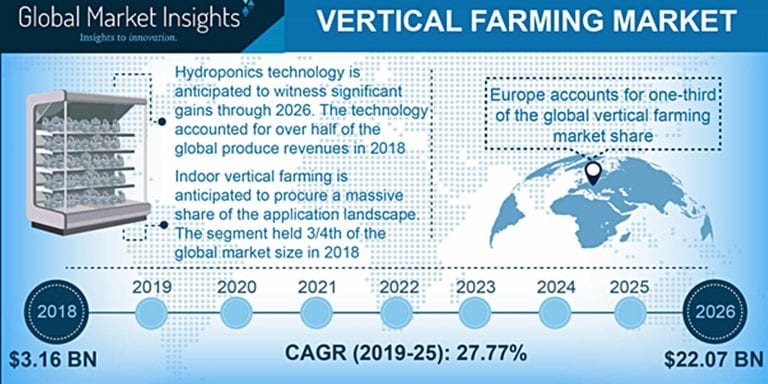The 29th session of the UN Climate Change Conference (COP29) took place in Baku, Azerbaijan, from November 11–22, 2024. The summit focused on driving global efforts to combat climate change, emphasizing finance, emission reduction, and global warming mitigation. These are key takeaways from the final agreements.
Climate Finance Commitments
Global Western countries pledged to raise $300 billion annually for low- and middle-income nations by 2035. A target was set to scale up public and private climate finance to $1.3 trillion per year by 2035. The numbers fell short, however, of the $1 trillion per year requested to mitigate climate change, and the discussion was contentious.
Global Stocktake Decisions Deferred
No agreement was reached on implementing the global stocktake outcomes, including the transition away from fossil fuels. Decisions were postponed to COP30 in Brazil.
Emission Reduction Goals
According to the 2024 Emissions Gap Report, emissions must be reduced by 42% by 2030 to limit global warming to 1.5°C. Under the current climate plans, the global temperature will rise 2.6°C to 3.1°C by the century’s end.
Carbon Trading System
Agreement on Article 6 rules to establish an international carbon trading mechanism, contingent on strict enforcement.
Water and Climate Initiative
Away from the main negotiations, the UN Environment Program launched the Baku Dialogue on Water for Climate Action, aimed at integrating water issues into the global climate agenda.
Cooling and Methane Commitments
Countries reaffirmed the Global Cooling Pledge launched at COP28, that calls for a 68% reduction in cooling-related emissions by 2050.
There was progress on promises to cut methane emissions. Countries responsible for 50% of global methane emissions from organic waste pledged to reduce emissions in this sector.
The pledges will be timely if they are upheld. UNEP’s report An Eye on Methane: Invisible but not unseen, launched in Baku, found that the action taken under the Global Methane Pledge to slash emissions 30 per cent by 2030 was not sufficient, even as the data is more accessible than ever.
Peatland Conservation
The Global Peatland Hotspot Atlas: the State of the World’s Peatlands in Maps was introduced, emphasizing the need to protect peatlands. When they are degraded, peatlands contribute 4% of human-origin greenhouse gas emissions.
COP29 is a “foundation”
“COP29 has now secured a foundation on which we must now rapidly build. However, we must be clear, ambition and promises are only as good as the action and delivery that backs them up,” Inger Andersen, Executive Director of the UNEP, says.
Action and delivery are needed. 2024 is anticipated as the hottest year in 125,000 years.

